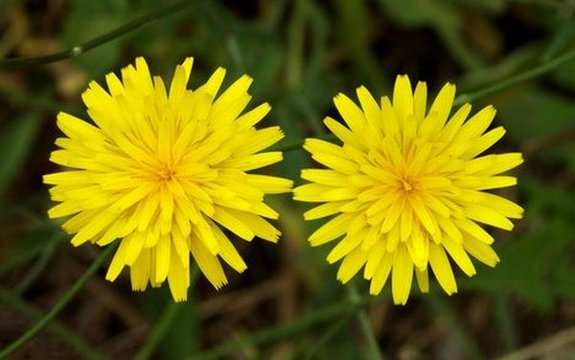3 of the Rarest Herbs in the World: Protecting Biodiversity

 We hear a lot about some of the most common herbs their healing capabilities. This information is invaluable for natural treatments and prevention, and growing your own healing herb garden provides you with added security and survival knowledge. But what about the less common herbs? Below is some interesting information on 3 of the rarest herbs around.
We hear a lot about some of the most common herbs their healing capabilities. This information is invaluable for natural treatments and prevention, and growing your own healing herb garden provides you with added security and survival knowledge. But what about the less common herbs? Below is some interesting information on 3 of the rarest herbs around.
Tongkat Ali
Found throughout Indonesia, Malaysia, Vietnam, and Thailand, tongkat ali is highly sought after, but difficult to find. Also called pasak bumi, penawar pahit, paying ali, tongkat baginda, bidara laut, and tho nan, this is a sexual aphrodisiac which increases testosterone and boosts sexual health. It can also help restore a healthy weight, improve circulation, and may help restore sexual vitality by promoting hormonal balance that allows for the growth and development of sexual organs, to boost mood and increase sexual desire.
Bodybuilders use the plant to increase mass as well.
Side effects with improper doses include anxiety and insomnia, but lower doses have been shown to be effective and safe.
Betulina Barosma (Buchu)
This plant is found in South Africa and is heavily protected by both the government and conservationists. There is strict control over the gathering of Buchu leaves in order to prevent the wholesale destruction of the wild plants. The plant is rare but extremely helpful for its medicinal uses. It has been known to help with kidney stones, bladder infections, prostate problems, reducing edema (fluid retention), heartburn, colds and flu as well as and stomach aches. Bucha is usually made into an infusion or tea in which the leaves, stems and roots are all utilized.
Snowdonia Hawkweed
Discovered by the botanist John Griffith in Welsh Valleys, snowdonia hawkweed was thought to grow originally in only three small areas in the valleys and then to be extinct, though it was growing in a nature reserve in the UK. It was discovered again in the last decade, as a small, lonely plant clinging to a rocky hillside by Dr. Tim Rich, the Head of Vascular Plants Department of Biodiversity and Systematic Biology National Museums & Galleries of Wales, Cathay’s Park, Cardiff. The plant was once grazed by sheep, but the herbal and medicinal qualities are still unknown.
Tongkat Ali and Buchu can still be found for purchase in many cases, but Snowdonia Hawkweed is still a protected and very rare plant with medicinal uses we may never know about. Protecting bio-diversity is more important than ever. According to the Convention on Biodiversity:
“At least 40 per cent of the world’s economy and 80 per cent of the needs of the poor are derived from biological resources. In addition, the richer the diversity of life, the greater the opportunity for medical discoveries, economic development, and adaptive responses to such new challenges as climate change.”

I've always thought that it would be a worthwhile venture to start a farm and cultivate rare and exotic herbs and plants…somewhere in Latin America. perhaps? It COULD be done. It would just require enough investment capital.
For rare herbs, I would suggest my digital start-up. I run Pharmacy Dropout LLC. We run a US based business out of Oregon, and we specialize in the exotic. We’ve got some new stuff coming in, we’ll be the only US vendors for Thunder God Vine Root Extract, and something…that is still a secret.